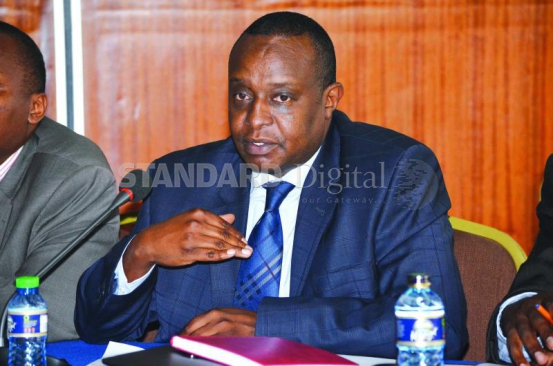×
The Standard e-Paper
Smart Minds Choose Us

NAIROBI, KENYA: The government will spend Sh18.5 billion in the coming national population census expected in August.
Speaking in Nairobi Treasury Cabinet Secretary Henry Rotich said the 2019 exercise will heavily rely on technology and all plans are in place to ensure the process follows international set standards with no political interference.